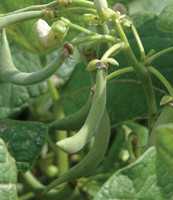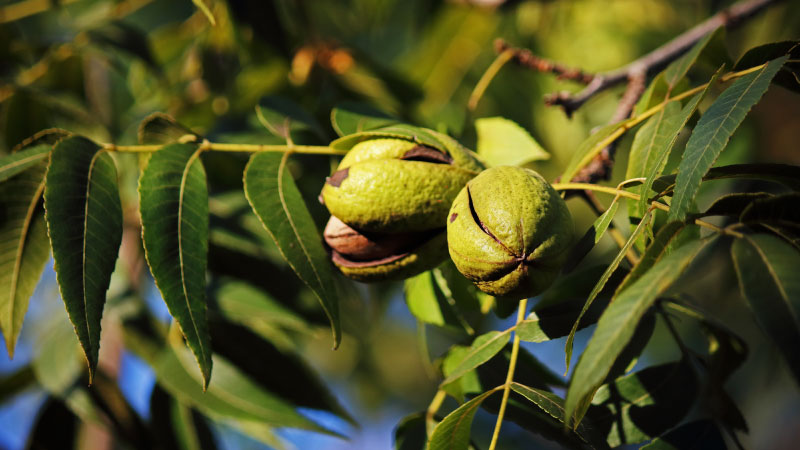Dry Bean Industry Seeks Solutions to Temperature Stress

U.S. varieties of dry common beans may soon get a boost in heat tolerance from tropical germplasm, thanks to Agricultural Research Service (ARS) geneticist Timothy Porch.
Porch has been working in Puerto Rico since 2003 to develop germplasm that is enhanced for heat tolerance and subsequently can be used to develop varieties of beans that are better able to withstand heat stress.
“There hasn’t been a great deal of research done on high-temperature stress in beans. But in the last few years, with the greater understanding about global warming, heat tolerance has become a higher priority for breeding in high temperature-prone environments,” he says.
The majority of common beans are bred for temperate climates in the U.S., but beans are often grown in regions where the average maximum temperature can reach the high 80s and low 90s during daylight hours.
Critical Temperature
The most critical stage for bean reproduction is flowering, and beans are most sensitive to high nighttime temperatures. Bean plants will abort buds and flowers under periods of high temperature stress (average maximum and minimum temperatures greater than 86°F and 68°F), reducing pod production and resulting in a loss in yields.
To contend with the increase in stress, Porch is introducing genes from tropical germplasm and from bean varieties bred at Escuela Agricola Panamericana in Honduras and at the University of Puerto Rico into U.S. market classes. The tropical varieties contain a large range of genetic diversity, and may also carry traits that protect them from heat stress.
Porch is conducting the research at the Tropical Agriculture Research Station in Mayaguez, Puerto Rico. Puerto Rico is an ideal site for this project because it has consistently high temperatures during the summer months and consistent disease and pest pressure associated with the high temperatures.
As a graduate student at Cornell University, Porch did his dissertation on heat tolerance in common beans. He is now working closely with a collaborator at Cornell University.
The new germplasm developed at each institution is exchanged for testing for heat tolerance under high temperature greenhouse (Cornell) or field (Puerto Rico) conditions. Porch hopes to release germplasm enhanced for heat tolerance within the next couple of years.









